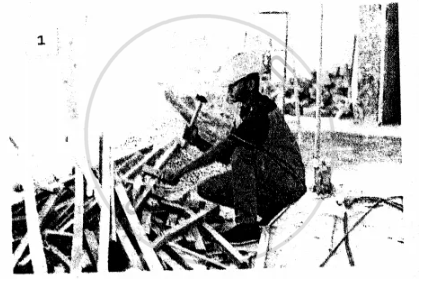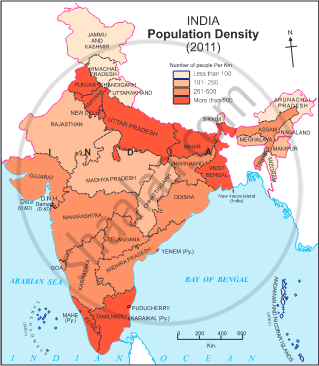Advertisements
Advertisements
Question
Choose the right answer from the alternative given below.
Migrations change the number, distribution and composition of the population in
Options
The area of departure
The area of arrival
Both the area of departure and arrival
None of the above
Solution
Both the area of departure and arrival
APPEARS IN
RELATED QUESTIONS
Answer this question briefly:
Which areas in India are thickly populated?
Answer this question in one or two paragraphs:
What do you know about the rural-urban population composition in India?
Picture study:


- In these pictures (i) and (ii) identify the two types of human resources in terms of skills.
- Mention the characteristics of each type.
What is the census?
Fill in the blank:
A country with a high proportion of well-educated people can achieve ______ economic growth.
Fill in the blank:
India’s population is more than the population of North America, South America, and __________ put together.
Fill in the blanks:
India has _____% of the land area of the world but about ______% of the world’s population.
Fill in the blanks:
The Northern plains are _______populated in India while northeastern states and deserts in the west are ________populated.
Conduct a class census by preparing a questionnaire. The questionnaire should contain a minimum of five questions. Questions should relate to students, their family members, their class performance, their health, etc. Each student is required to fill in the questionnaire. Compile the information in numerical terms (in terms of percentage). Present the information through pie-chart, bar-diagram, or in any other way.
Study the maps and answer the questions.
 |
 |
- States with highest population density.
- States with lowest population density.
- On the basis of the maps given above, classify the distribution population in India in the following table.
Sr. No. Population Density
(per sq. km.)Name of the States/Union
Territories1 less than 100 2 101 to 250 3 251 to 500 4 more than 501 - Correlate the climate and physiography of India with its population distribution and write a note on it.
